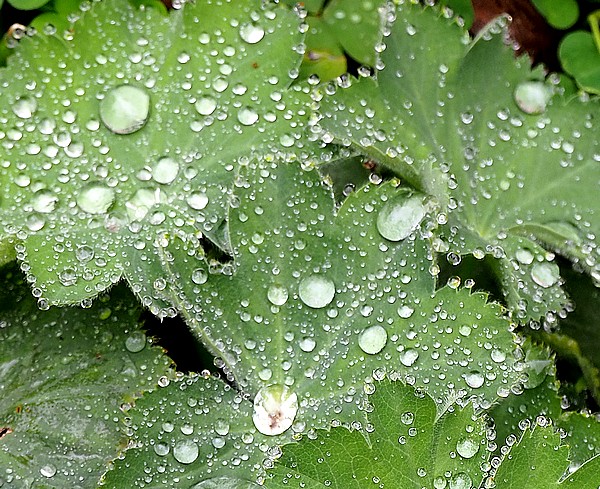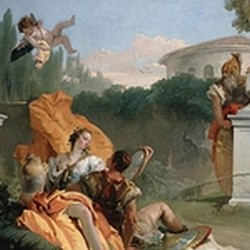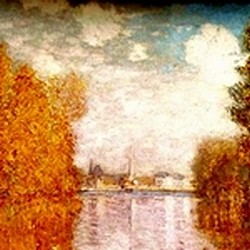
My whole life is tied to you,
as in the night, the flames to the dark.
In the same notebook I wrote the last verse of Divine Comedy as a teenager, I wrote down these two verses; I also fell in love with them. I imagine we read them in our literature lesson, but I forgot about the context, a poem dedicated to Palma and written in Barcelona in September 1937. I remember how impressed I was by the poet's fate; I imagined him in the sanatorium, slowly ebbing away because of an incurable disease that I only knew through some of my readings. Without knowing any more, his name, Bartomeu Rosselló-Pòrcel, stuck in my mind and I’ve paid him some attention when I’ve come across his name now and then.
Over the years, I became aware of the tragedy of a life terminated at twenty-four, only four months after he wrote those two verses. In fact, Rosselló-Pòrcel didn't spend a long period in the sanatorium; They took him, with tuberculosis, in the middle of the Civil War, a few days before his death. He left only three poem books: Nou poemes ("Nine Poems"), published when he was twenty, in 1933; Quadern de sonets ("Sonnet Notebook"), published the following year, and Imitació del foc ("Imitation of the Fire"), published in 1938, a few months after his death. Despite such a brief work, the Majorcan poet became an important name of Catalan literature; In this blog, how many times have we felt so sorry about these early losses?
A couple of years ago, the poet greeted me on Twitter, thanks to the composer Joan Magrané, who said that he had musicalized a poem by Rosselló-Pòrcel, Pluja en el jardí de l'Ateneu ("Rain in the garden of the Atheneum")
he posat melodia a "Pluja en el jardí de l'Ateneu" de Rosselló-Pòrcel, i l'he harmonitzat amb gracejo @AnnaPunsoda @BernatDedeu @ateneubcn
— Joan Magrané Figuera (@JoanMagrane) September 13, 2016
He did it with a beautiful, simple, brief poem. If you are one of those who crouch down to admire (and to take pictures to) the perfection of raindrops on leaves, grass growing on pits, or the texture of wet rocks, I think you'll also enjoy it. These verses make us look up to barely see the lightning; Then, they turn our gaze to the ground, and again, upward, to suggest we are in a quiet enclosed garden. Pluja en el jardí de l'Ateneu ("Rain in the garden of the Atheneum") is the last of the Nou poemes; the mentioned garden is that of the Ateneu Barcelonès, a cultural association founded in 1860.
The poem became the song I’m suggesting this week, the second of the Tres poemes de Bartomeu Rosselló-Pòrcel ("Three Poems by Bartomeu Rosselló-Pòrcel") by Joan Magrané, his first song cycle. The other two are Inici de campana (Start of the Bell) and Leda, both included in Quadern de sonets (they are the fifth and the eleventh ones, respectively). The composer also presented them on Twitter; Please find here the tweet that refers to Pluja en el jardí de l'Ateneu, but if you follow the link you could read the whole thread. He said: "At the second one, brief and concise, harmonically much more rich, the piano represents the rain falling on the garden of the Atheneum, while the melody describes a gentle arch like the one of the palm trees."
(4/5) En la segona, breu i concisa, molt més rica harmònicament, el piano representa la pluja que cau sobre el jardí de l'@ateneubcn mentre la melodia descriu un arc suau com el del fullam de les palmeres:https://t.co/3DOjZk5tIB
— Joan Magrané Figuera (@JoanMagrane) November 6, 2019
The small, playful rain drops mark this beautiful miniature which fades like a sigh; you know that I especially like miniatures and I always recommend you don't listen to them only once; take your magnifying glass and listen again! As always, I hope that when you listen to this song, performed by Anna Alàs and Alexander Fleischer, you might fancy to listen to the whole cycle. In the meantime, I'm going to upload Joan's portrait in the composer's gallery; his neighbours will be Witold Lutosławski and Gustav Mahler.
Breus vermellors subtils en llamp.
Cercles menuts de verd i blanc.
Corbes gracioses de l’herbam,
ajupides en el quadrat.
Una pedra, al mig, posa argents
i ploms en lluita.
I, damunt tot,
vellut i negre de palmeres
mai no agitades per cap vent.
Brief, subtle redness in lightning.
Slight circles of green and white.
Gently bowing of grass,
bending in the square bed.
A stone, in the middle, puts silver
and lead in fight.
And, above it all,
velvet and black from palms
never rustled by the wind.
I'm afraid the only English translation I can offer is mine...



 I didn...
I didn...












Comments powered by CComment